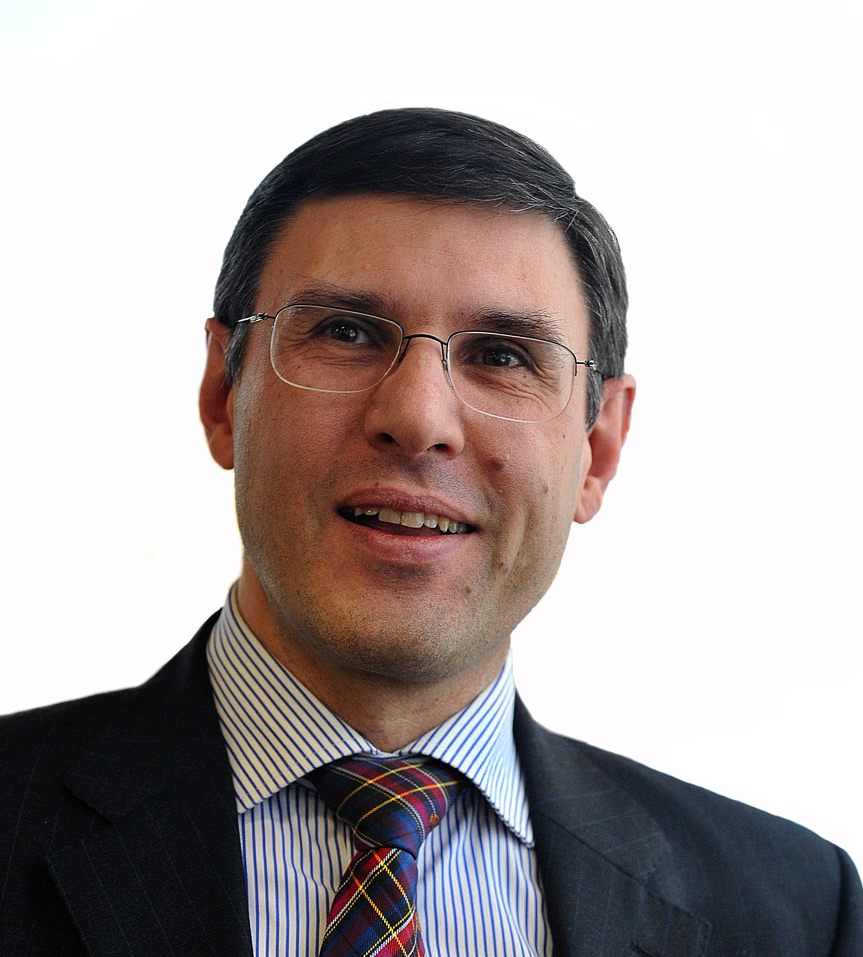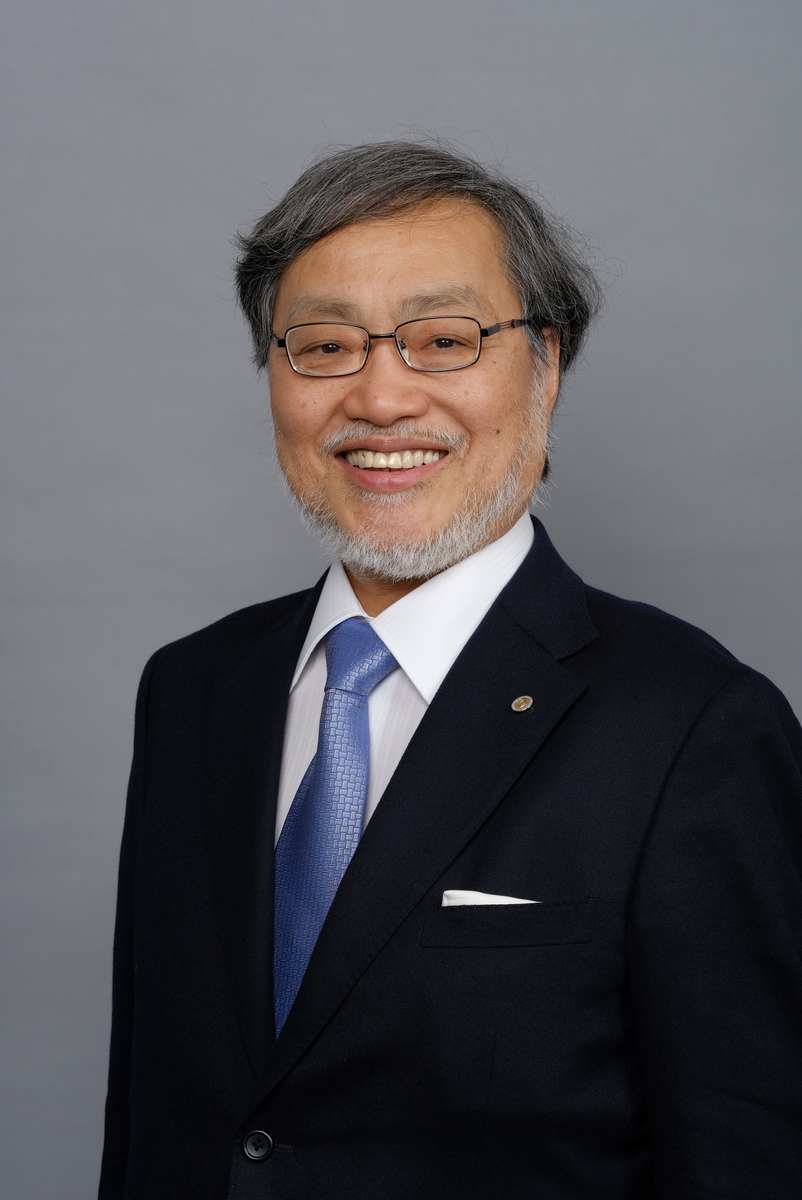
THE KEY ROLE OF INSTRUMENTATION AND MEASUREMENT SCIENCE IN THE ERA OF BIG DATA
Dario Petri
IEEE International Instrumentation & Measurement Technology Conference
Dubrovnik, Croatia, May 25-28, 2020
Historians distinguish three Big Scientific Revolutions (BSRs), i.e. relevant changes in the concepts, theories and actual practices of science accompanied by a different perception of the world and a significant society development. The first BSR happened in the seventeenth century, marked by the recognition of the importance of experiments. The second one is identified by the strong emphasis on measurement that occurred in the early 1800s. The third BSR is associated to the advent of probability and statistics and the rise of institutions for scientific research in the late 1800s. We are now at the beginning of the fourth BSR, as showed by the tsunami of data that are driven by the huge sensing, storage, computation, and transmission capabilities offered at very low cost by Information Technology systems and spread through the Internet.
This phenomenon – known as Big Data (BD) – permeates almost all areas of human endeavor and it is expected to promote prosperity and social evolution due to the positive role attributed to data in the reduction of the probability of wrong decisions and related undesirable consequences.
However – according to the so called Garbage-In-Garbage-Out (GIGO) principle – data quality is a critical requirement to avoid the risk of wrong decisions. To effectively support decisions a proper knowledge of principles, methods and tools ensuring the quality of available data is crucial. In particular, it is essential a reasonable knowledge of the guidelines enabling:
– a critical interpretation of the available information, to select only what is relevant for the specific decision-making problem;
– the identification of the limits of the models adopted to describe the world through data;
– the identification and quantification of uncertainty sources that affect data.
This keynote will show how a sound knowledge of I&M fundamentals is a key enabling factor to face the Big Data challenge effectively. Specifically, guidelines enabling the achievement of the above goals and the management of the risks of wrong decisions will be provided.
Since all evidence shows that the trend towards world datafication and ubiquitous measurement will steadily continue in the near future, I&M science – the metrology – is expected to have a central role in the advancement of knowledge, the development of society, and the improvement of our everyday life.
The recipient of the IEEE Joseph F. Keithley Award in Instrumentation and Measurement is Dario Petri. I2MTC is pleased to announce that this award will be presented during the 2020 conference by the IEEE President & CEO, Toshio Fukuda.
Toshio Fukuda is a professor of mechatronics engineering at Meijo University in Nagoya, Japan. He is also a professor at the Beijing Institute of Technology and professor emeritus at Nagoya University. His research focuses on intelligent robotic systems and micro-nano robotics. He has published more than 2,000 articles in scientific journals, conference proceedings, and reports.
An IEEE Fellow, Toshio was director of IEEE Region 10 in 2013 and 2014 and IEEE Division X director/delegate in 2001 and 2002, and 2017 and 2018. He was president of the IEEE Robotics and Automation Society in 1988 and 1989 and general chair of the IEEE International Symposium on Micro-Nano Mechatronics from 1990 to 2012. He has served on several IEEE boards and committees.
He graduated from Waseda University, Tokyo, Japan and received the Master of Engineering degree and the Doctor of Engineering degree both from the University of Tokyo. He joined the National Mechanical Engineering Laboratory in Japan in 1977, the Science University of Tokyo in 1981, and then joined Department of Mechanical Engineering, Nagoya University, Japan in 1989.

